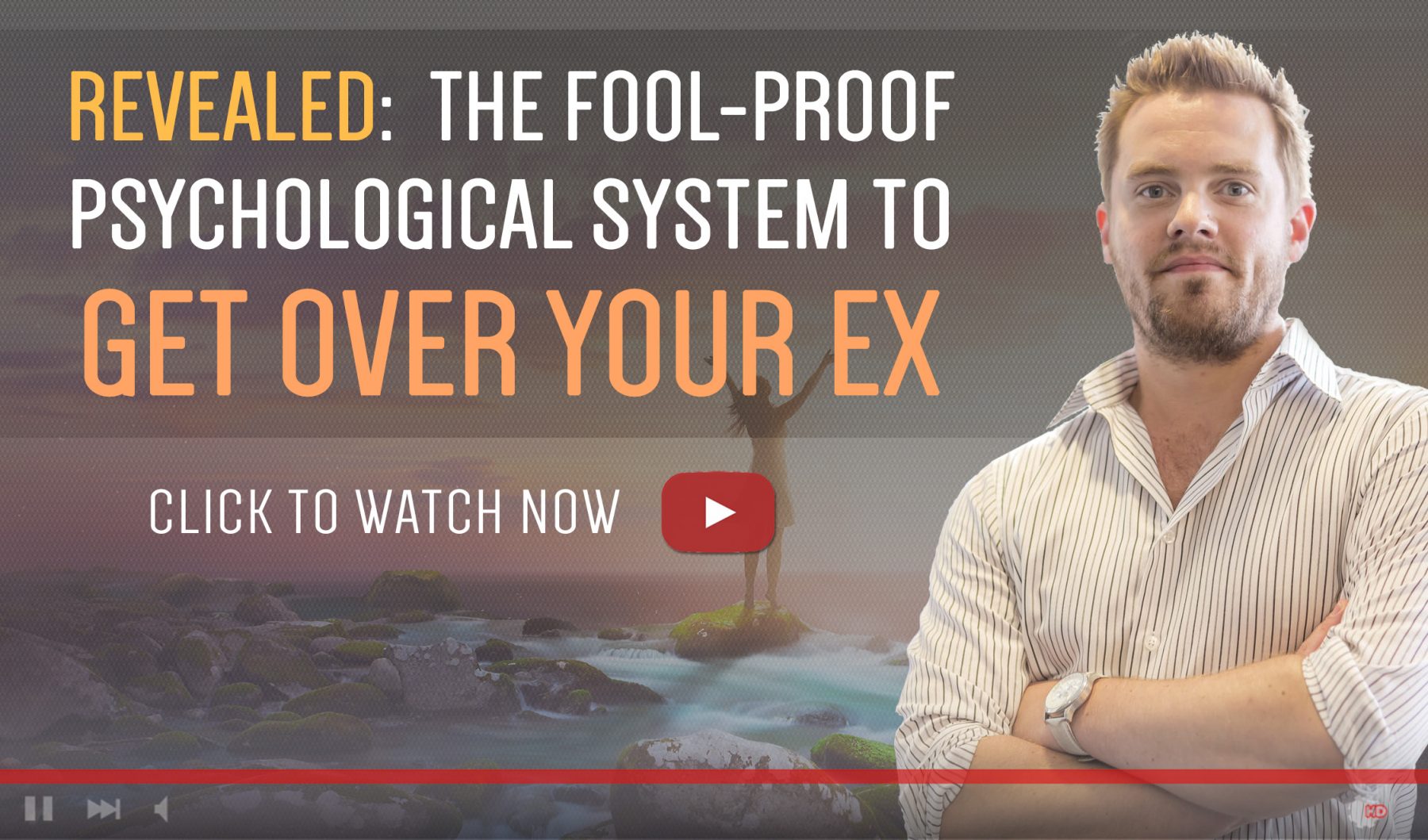Has conflict become a constant?
Do your differences make life together impossible?
How do you know when your relationship has come to an end?
Long-term relationships have ups and downs. That’s part of the challenge and the security that commitment presents.
There’s also a saying that a successful partnership is not only about love, but about learning to live with someone you “hate” at times. In other words, there is no such thing as a relationship that is “always” perfect and if yours is, you are either lying to yourself or being lied to.
However, there are also tiers of acceptability when it comes to staying or leaving a long-term relationship. While some are self-evident, others require more careful consideration.
Ultimately, the only way to figure out the “right” choice in these grey areas is to focus on yourself first. You need to understand your feelings and your path to happiness first and foremost and then apply those answers to the particulars of your relationship.
When Leaving Is the ONLY Option
Before I go any further, let’s not forget that, no matter how much love or passion you hold for someone there are times when leaving is the only choice. There is no need for self-reflection and counsel, you just need to get out.
Any type of physical or sexual abuse against you or your children, either now or in the past has no excuse.
Though there are inherent risks as well as an extreme and real danger, it is important to begin to lay the groundwork now to get out safely.
In addition, though it is harder to pinpoint at first, emotional and verbal abuse, particularly controlling behavior is just as damaging over the long term. There are instances where this behavior can change with counselling, but your partner has to admit to the problem and commit to change.
When Leaving Could Be An Option
Some cases which might warrant ending a relationship are not always as easy to assess. Many people see affairs as automatic grounds for dismissal, for example. However, there are instances where a temporary affair or one night stand is the jolt that two people need to finally address and work past their issues.
RELATED: Should You Forgive A Cheater?
Other cases, such as substance abuse and mental illness are also automatic warrants for ending a relationship to some.
In the case when your partner refuses to get help or admit to the problem, ending the relationship can be necessary.
However, if he/she is getting help, there is hope, but also some major questions you need to ask yourself. Living with and loving an addict is a lot of work. You need to seek help and counselling too. It is also important to accept that these problems are not yours to bear.
When Leaving Is the Best Option
The final scenario is also the hardest to diagnose. These are the cases when a relationship is good-but-not-great, when comfort often seems to trump true happiness, and when there is no “one thing” to drive you apart.
Like I mentioned in the introduction, all long-term relationships have ups and downs.
No doubt, any couple who has been together for a significant period of time has felt “alone” in their relationship at times and wondered what it would be like to leave.
It is when these feelings become overwhelming, when they become the only feelings that you have, that you need to consider the fact that walking away is the best course of action for both you and your partner.
Ultimately, it comes down to how you view the role of your relationship. For most of us at some point, comfort, like a pair of old, beloved sweatpants, is the real boon of any long-term coupling.
However, that comfort needs to be backed by a deep-seated sense of happiness, serenity, and fulfillment with the relationship and your partner. This is more than love and more than passion, though those things are important. Ultimately, you need to be able to answer one, important question…
Can you imagine being happier in the long term with anybody else?
If the answer is “yes,” then, ultimately you need to end the relationship. If your current relationship does not provide you with a deep sense of fulfillment and joy, then it falls short.
Certainly, there are other, nobler reasons to stay in this good-but-not-great coupling, and it may take time to come to terms with your feelings and ultimately leave, especially in cases with children and financial co-dependency, but it needs to happen for your own, and your partner’s long-term benefit.
Need help understanding this problem? Consider how you would feel if those feelings were flipped around.
RELATED: “I Regret Breaking Up”
Would you want your partner to stay with you if he/she thought there might be something or someone better? If you take this option, always be mindful of how to grieve for a relationship and not just jump in to another one right away — you risk repeating the same pattern.
If you’re still not sure whether leaving is for the best or you don’t quite know how to extricate yourself from a particular situation, please consider signing up for my one-on-one email coaching service and I’ll be happy to discuss your situation with you in more depth.
One final note that I want to leave you with: break ups are always painful and difficult, but don’t let this dissuade you from making the right decision. Don’t stay with someone simply to avoid the pain of a break up.






